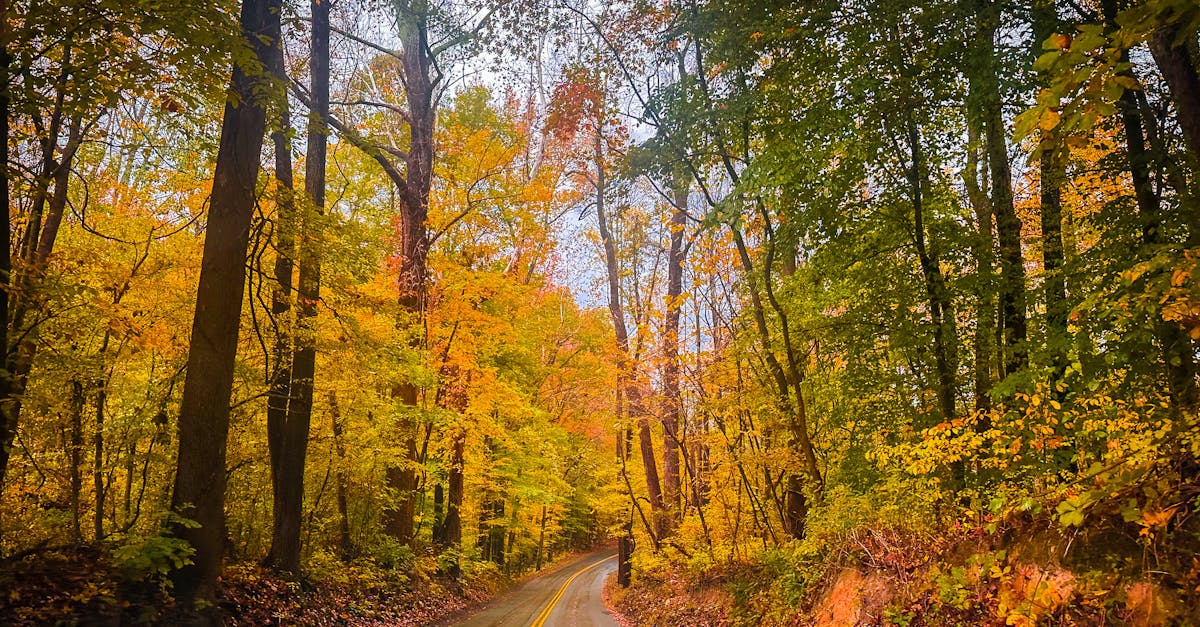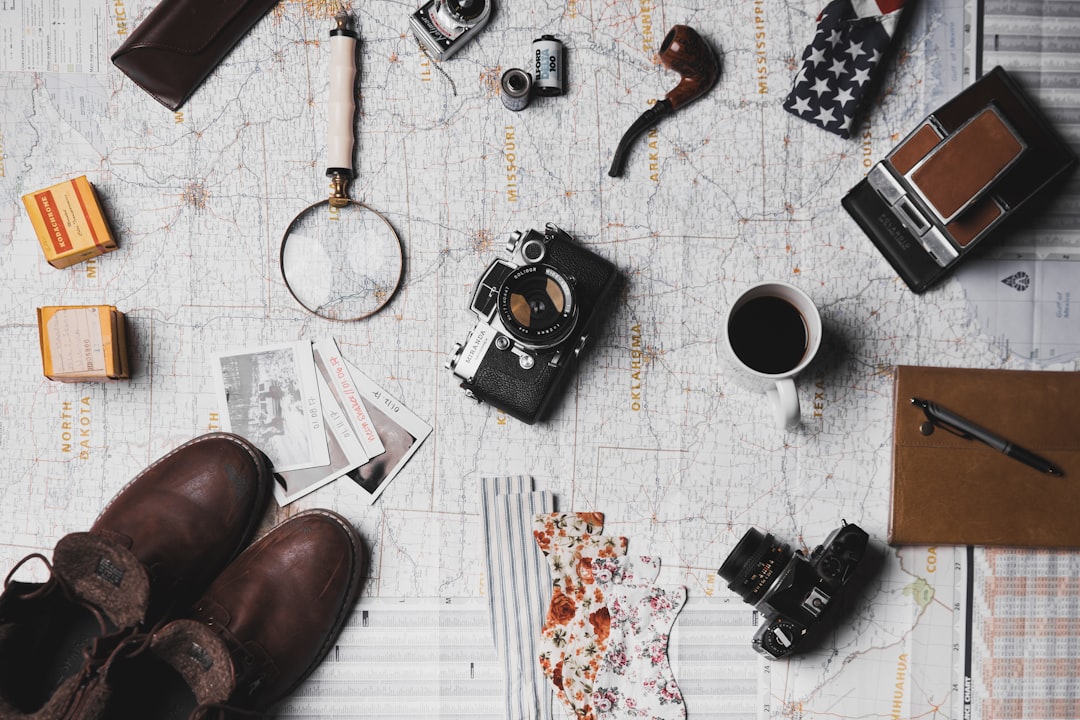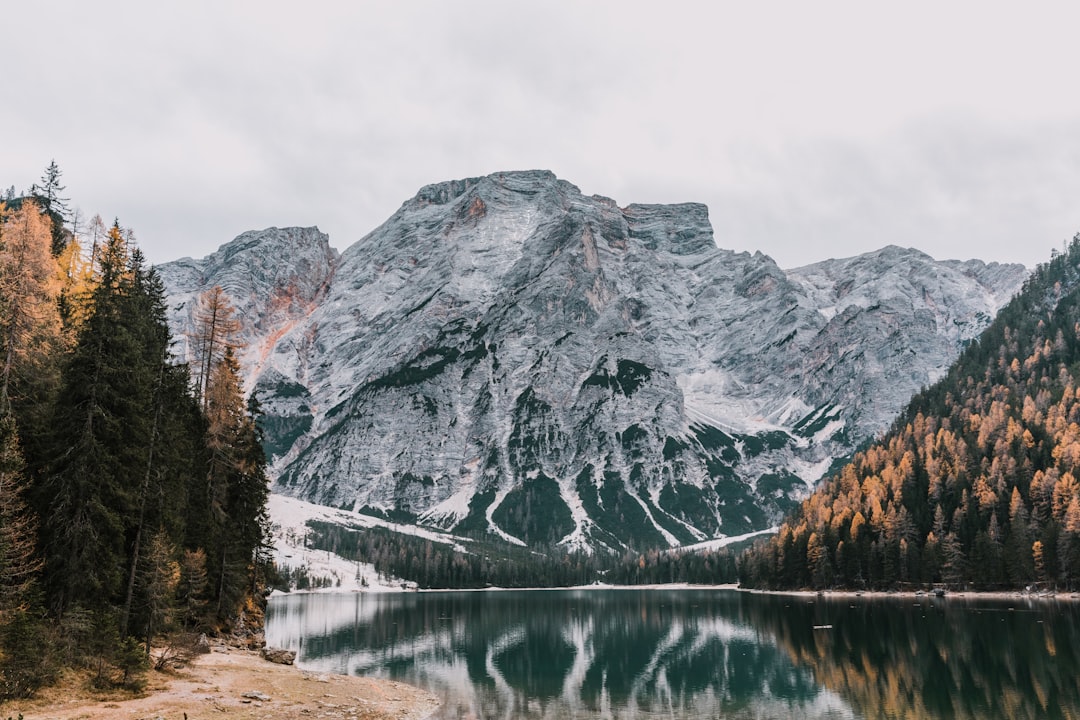The Ultimate Checklist for Your First Time Backpacking Through Europe
Embarking on your first backpacking adventure across Europe is a thrilling rite of passage for many travelers. The continent, rich in history, culture, and diverse landscapes, offers a tapestry of experiences waiting to be explored. However, the key to a successful journey lies in meticulous preparation. From bustling cities like Paris and Rome to serene landscapes in the Swiss Alps, each destination presents unique challenges and delights. This comprehensive guide aims to equip you with everything you need to know before setting foot on European soil. We'll delve into the essentials, from packing smartly to navigating foreign terrains with ease.
1. Choosing the Perfect Backpack
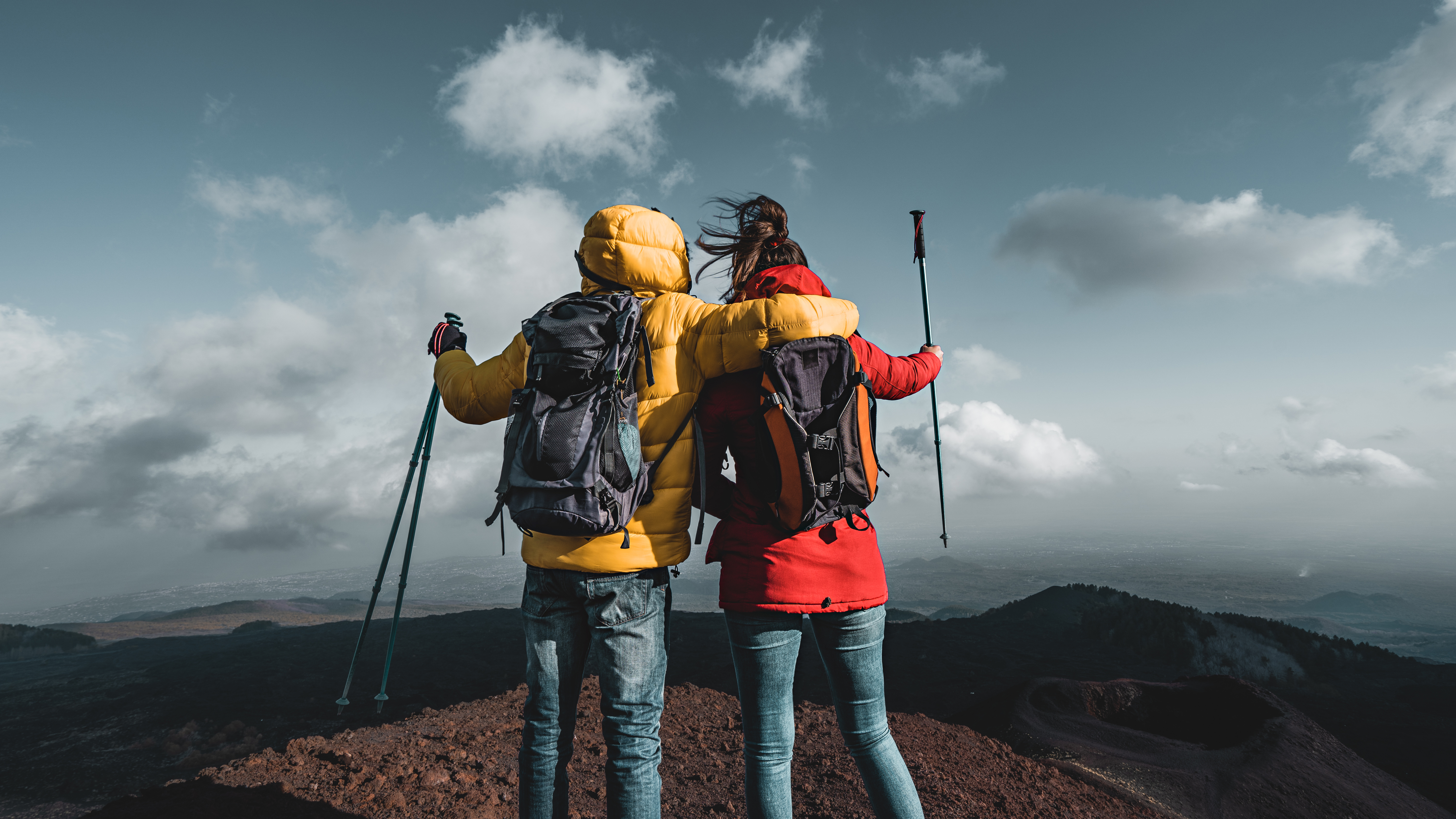
Selecting the right backpack is the cornerstone of any successful backpacking trip. Your backpack is not just a bag; it is your mobile home, holding everything you need for weeks of travel. When choosing a backpack, consider its size, weight, and features. A capacity of 50–70 liters is usually sufficient for a European adventure, allowing space for essentials without being overly cumbersome. Look for backpacks with multiple compartments for easy organization, and those with adjustable straps to ensure comfort during long treks. The material of the backpack is equally important. Opt for durable, water-resistant fabrics that can withstand varying European climates. A backpack with a built-in rain cover is a bonus, offering extra protection against sudden downpours. Consider the frame type as well; internal frames offer better balance and mobility, which is crucial when navigating crowded city streets or rugged trails. Ultimately, the right backpack will feel like an extension of yourself, providing comfort and reliability throughout your journey.
2. Essential Clothing for Every Climate
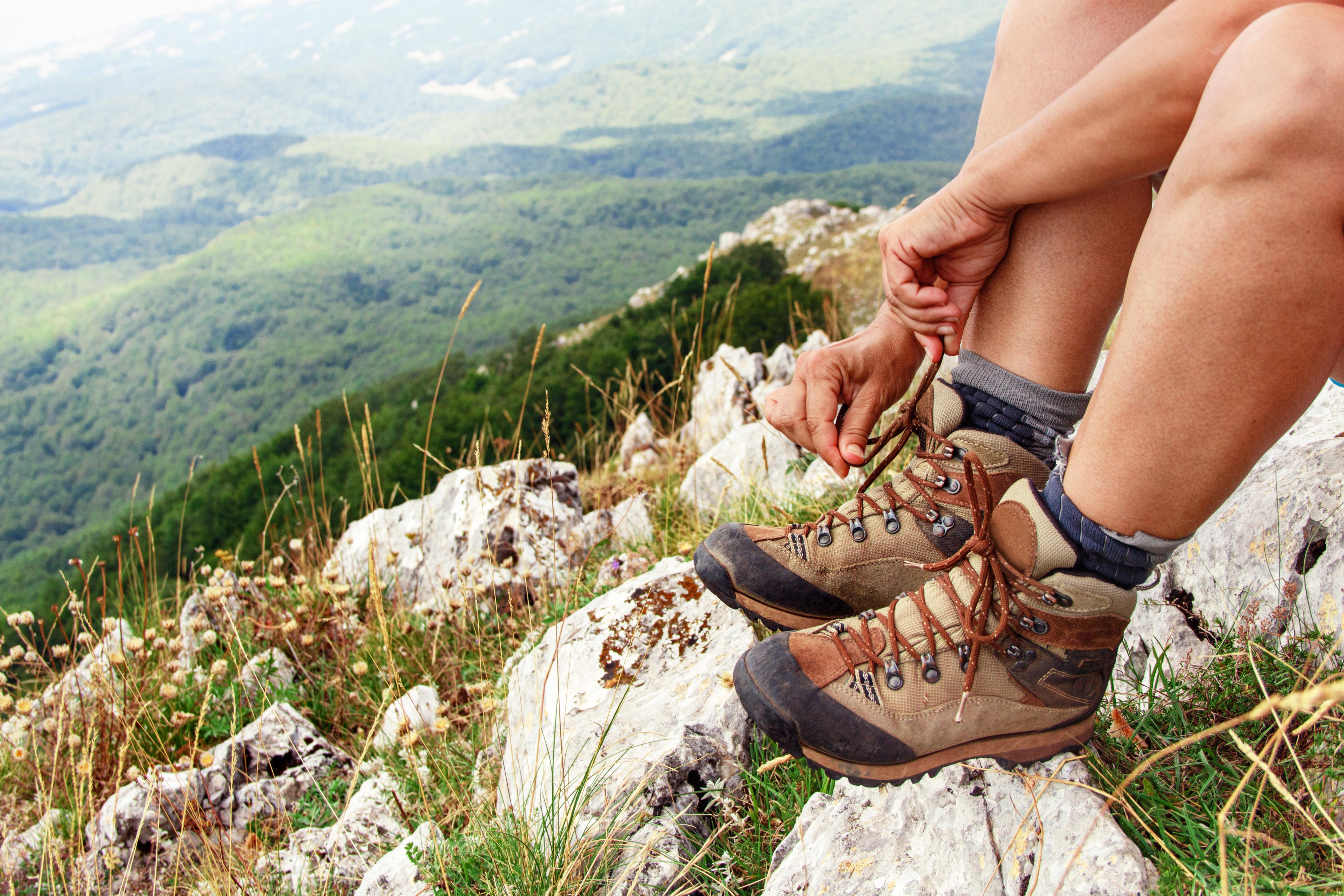
Europe's diverse climate demands a strategic approach to packing clothing. From the chilly winds of Scandinavia to the sun-drenched beaches of the Mediterranean, being prepared for varying weather conditions is crucial. Layering is the key to adapting to Europe's unpredictable climate. Start with moisture-wicking base layers to keep sweat at bay, followed by insulating mid-layers such as fleece or wool, and finally, a waterproof and windproof outer layer to shield against the elements. When it comes to footwear, comfort and durability are paramount. A pair of sturdy hiking boots will serve you well for outdoor adventures, while a comfortable pair of walking shoes is ideal for city explorations. Don't forget to pack a versatile scarf and a hat for added warmth, and a swimsuit for those unexpected opportunities to take a dip in the Mediterranean. Remember, packing smartly doesn't mean packing excessively; choose versatile pieces that can be mixed and matched, allowing you to travel light while staying prepared for any climatic surprise.
3. Navigating European Transportation
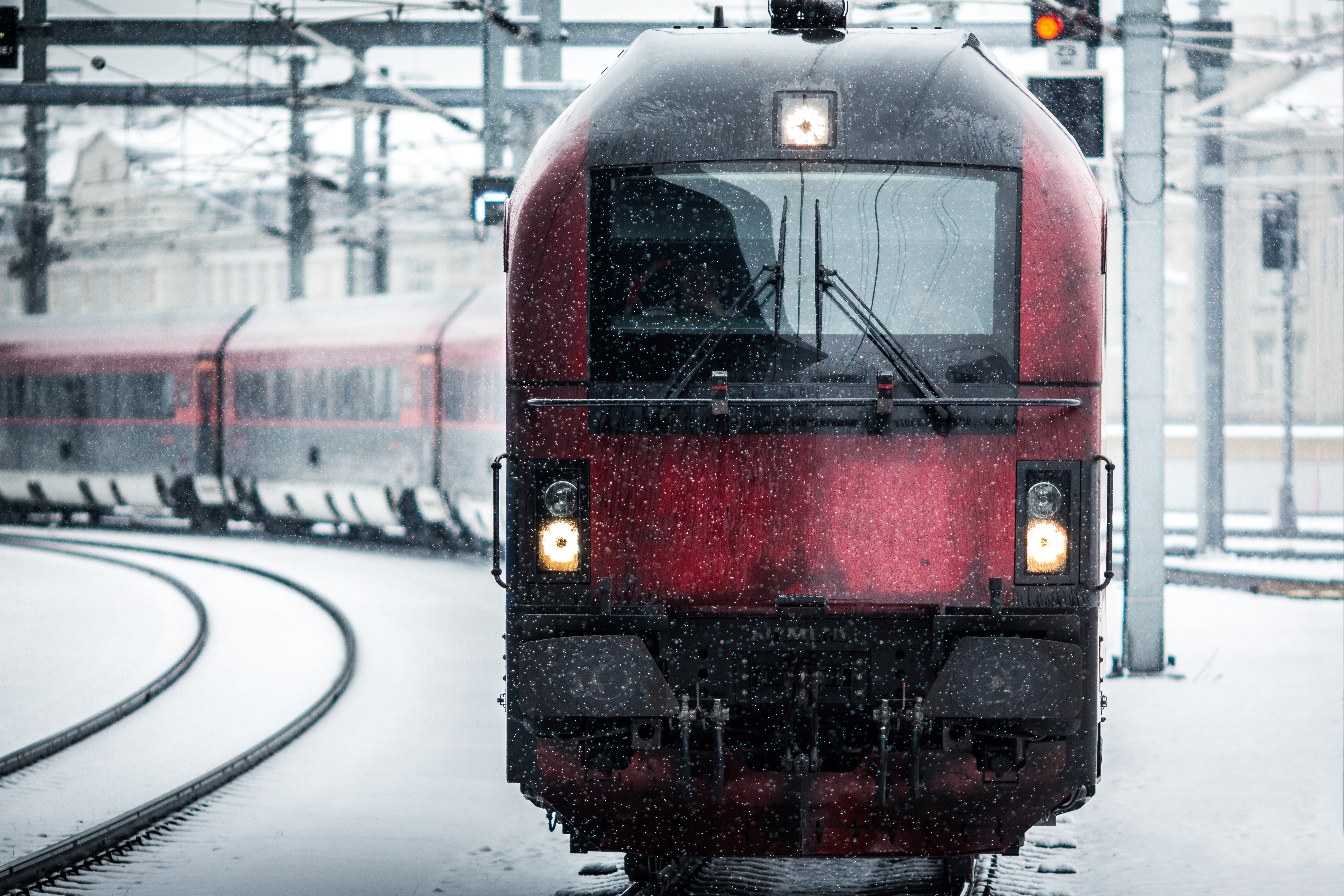
Transportation in Europe is both efficient and diverse, offering a myriad of options for the intrepid traveler. Understanding the intricacies of European transportation can greatly enhance your travel experience. Trains are a popular choice, providing a scenic and comfortable way to traverse the continent. The Eurail Pass is an excellent investment for those planning to visit multiple countries, offering unlimited travel on most European train networks. For those on a tighter budget, buses are a cost-effective alternative, with companies like FlixBus and Eurolines offering extensive routes across Europe. In cities, public transportation systems are generally reliable and easy to navigate, with metros, trams, and buses connecting major attractions. Consider purchasing city cards, which often include unlimited travel on public transport along with discounts at popular sites. Lastly, for the more adventurous, renting a bicycle is a wonderful way to explore European cities at your own pace, providing both flexibility and a chance to engage with the local environment.
4. Accommodation: Finding Your Home Away from Home
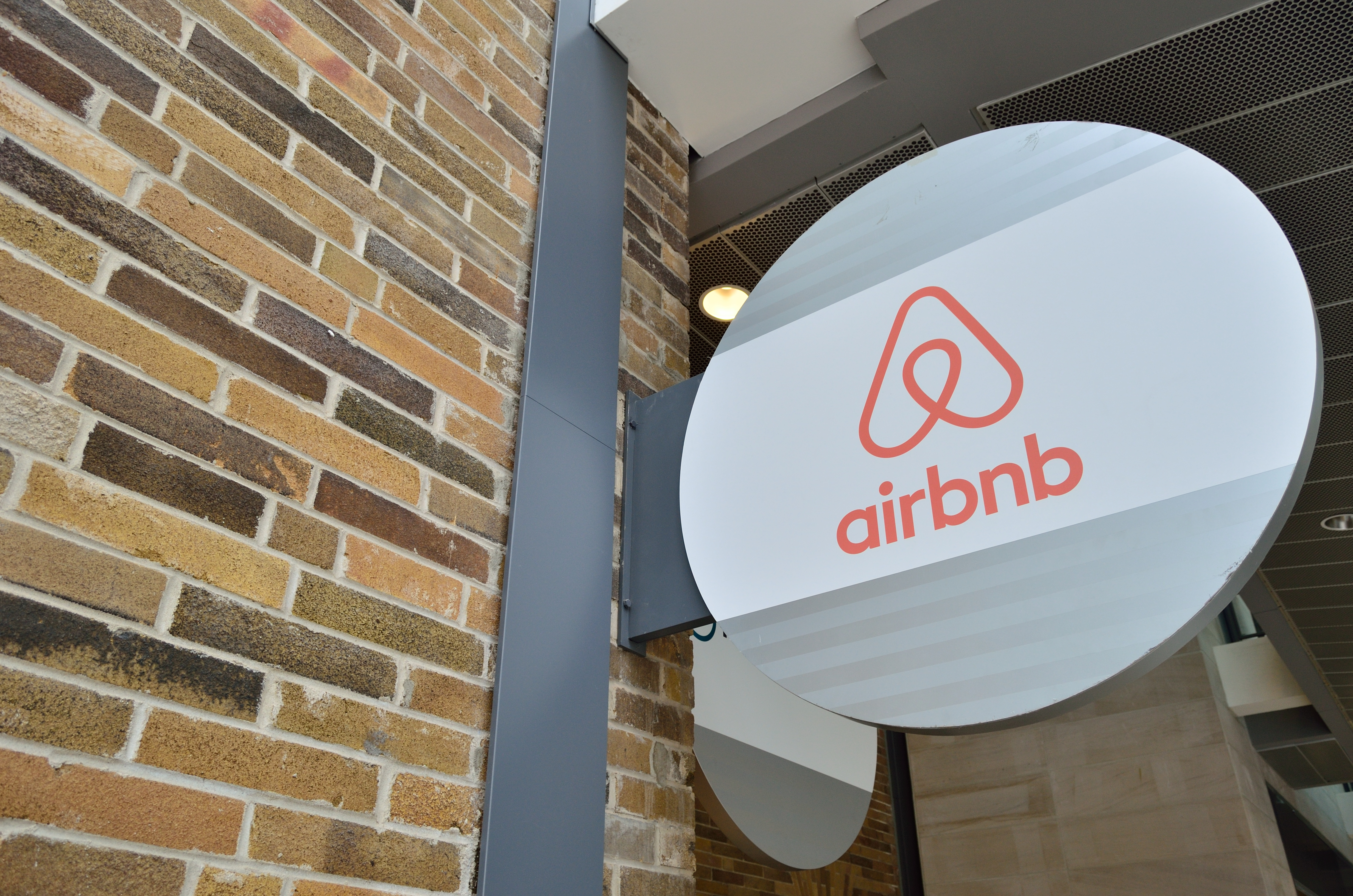
Choosing the right accommodation can significantly impact your backpacking experience. Europe offers a wide range of lodging options, catering to every budget and preference. Hostels are a popular choice among backpackers, providing affordable rates and opportunities to meet fellow travelers. Websites like Hostelworld and Booking.com can help you find highly-rated hostels with the amenities you need, such as free Wi-Fi, laundry facilities, and communal kitchens. For those seeking a more local experience, consider staying in guesthouses or using platforms like Airbnb, which offer unique accommodations ranging from charming cottages to city-center apartments. If you're traveling during peak seasons, it's wise to book your accommodation in advance to secure the best options. Alternatively, consider Couchsurfing, which offers free lodging with locals, providing a deeper cultural exchange. Regardless of where you choose to stay, ensure that your accommodation is centrally located, allowing easy access to public transport and major attractions.
5. Culinary Adventures: Eating Your Way Through Europe

Europe is a gastronomic paradise, offering a rich tapestry of flavors and culinary traditions. Each country boasts its own unique cuisine, from the pasta and gelato of Italy to the tapas and paella of Spain. Embrace the opportunity to indulge in local delicacies, as food is an integral part of experiencing a new culture. Street food markets are a great place to start, offering affordable and authentic dishes in a lively atmosphere. Don't shy away from trying traditional dishes, even those that may seem unusual at first. Whether it's sampling escargot in France or savoring haggis in Scotland, each dish tells a story of the region's history and culture. For those on a budget, supermarkets and local bakeries offer delicious and affordable options for picnics or quick meals. Remember, sharing meals with locals or fellow travelers can lead to memorable experiences and connections, turning a simple meal into a cherished memory.
6. Cultural Etiquette and Language Tips

Understanding cultural etiquette is essential for any traveler, helping to foster respect and positive interactions with locals. While Europe is diverse, there are some common courtesies to keep in mind. Politeness and punctuality are valued across the continent, so always greet people with a smile and a "please" or "thank you" in the local language. Learning a few basic phrases can go a long way in breaking the ice and showing respect for the local culture. Each country has its own customs and traditions, so take the time to research these before you arrive. For instance, in Italy, it's customary to stand while enjoying an espresso at a bar, while in Spain, dining late in the evening is the norm. Respecting local dress codes, especially when visiting religious sites, is also important. By being mindful of cultural differences and showing genuine interest in local traditions, you'll not only enrich your travel experience but also leave a positive impression on the people you meet.
7. Health and Safety Precautions
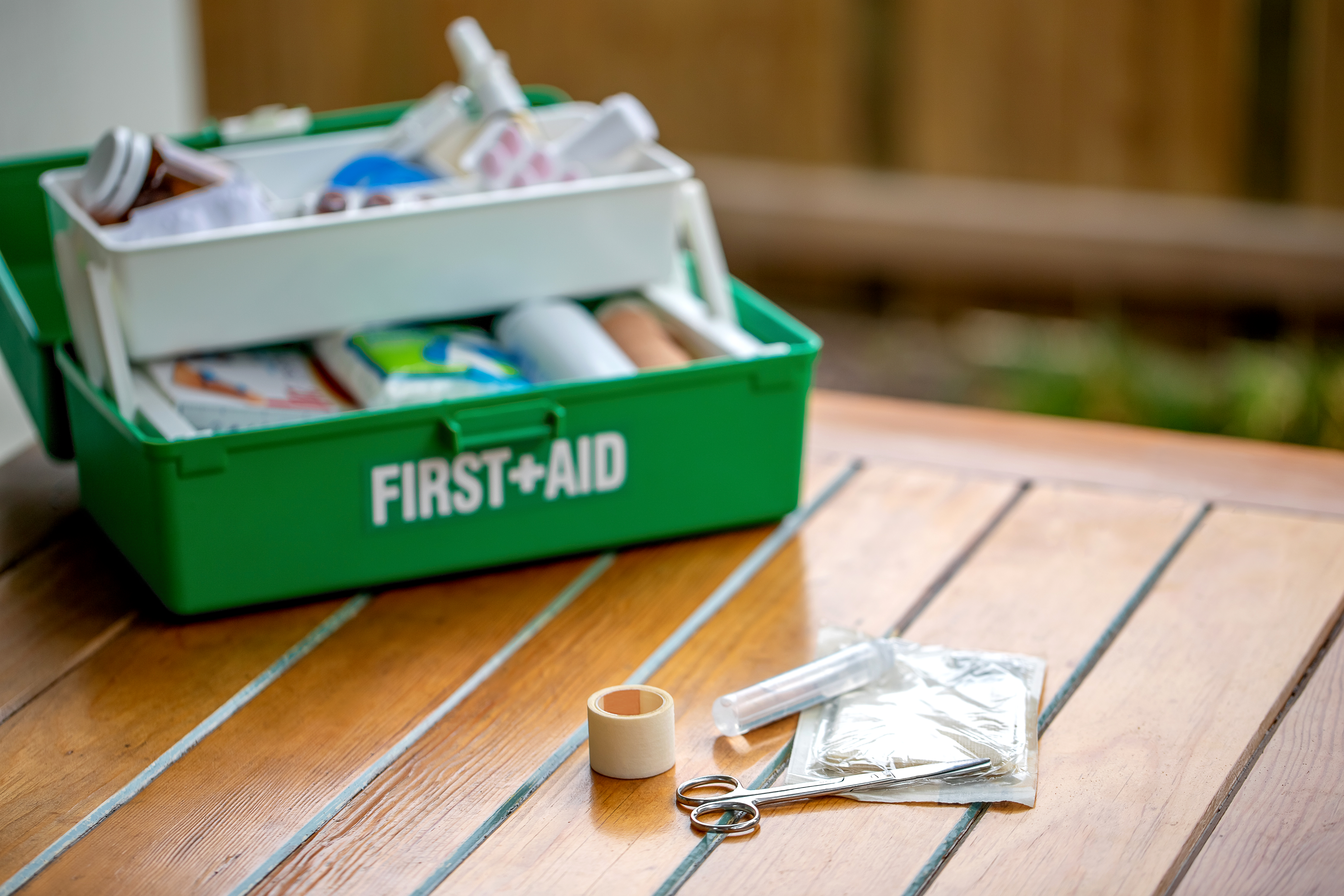
Prioritizing health and safety is crucial when backpacking through Europe. Before you depart, ensure that your vaccinations are up to date and consider purchasing travel insurance to cover any unexpected medical expenses. Pack a basic first-aid kit, including essentials like band-aids, antiseptic wipes, and any personal medications you may need. Familiarize yourself with the local emergency numbers and healthcare facilities in each country you plan to visit. Staying safe also involves being aware of your surroundings and taking precautions to avoid common travel pitfalls. Keep your belongings secure, especially in crowded areas, to prevent pickpocketing. Use a money belt or a secure bag to carry your valuables, and avoid displaying expensive items. Trust your instincts and be cautious when interacting with strangers. By taking these steps, you can focus on enjoying your adventure with peace of mind, knowing you're prepared for any situation that may arise.
8. Budgeting for Your European Adventure

Budgeting effectively is key to ensuring a stress-free backpacking experience. Start by researching the cost of living in each country you plan to visit, as expenses can vary significantly across Europe. Create a realistic daily budget that includes accommodation, food, transportation, and activities. Consider using budgeting apps to track your spending and stay within your limits. To save money, take advantage of free or low-cost attractions, such as museums with free admission days or city walking tours. Cooking your own meals or opting for street food over restaurants can also help stretch your budget. Consider purchasing a European SIM card or using Wi-Fi hotspots to stay connected without incurring hefty roaming charges. By planning your finances carefully and making informed choices, you'll be able to enjoy a rich and fulfilling travel experience without breaking the bank.
9. Document Essentials for Smooth Travels
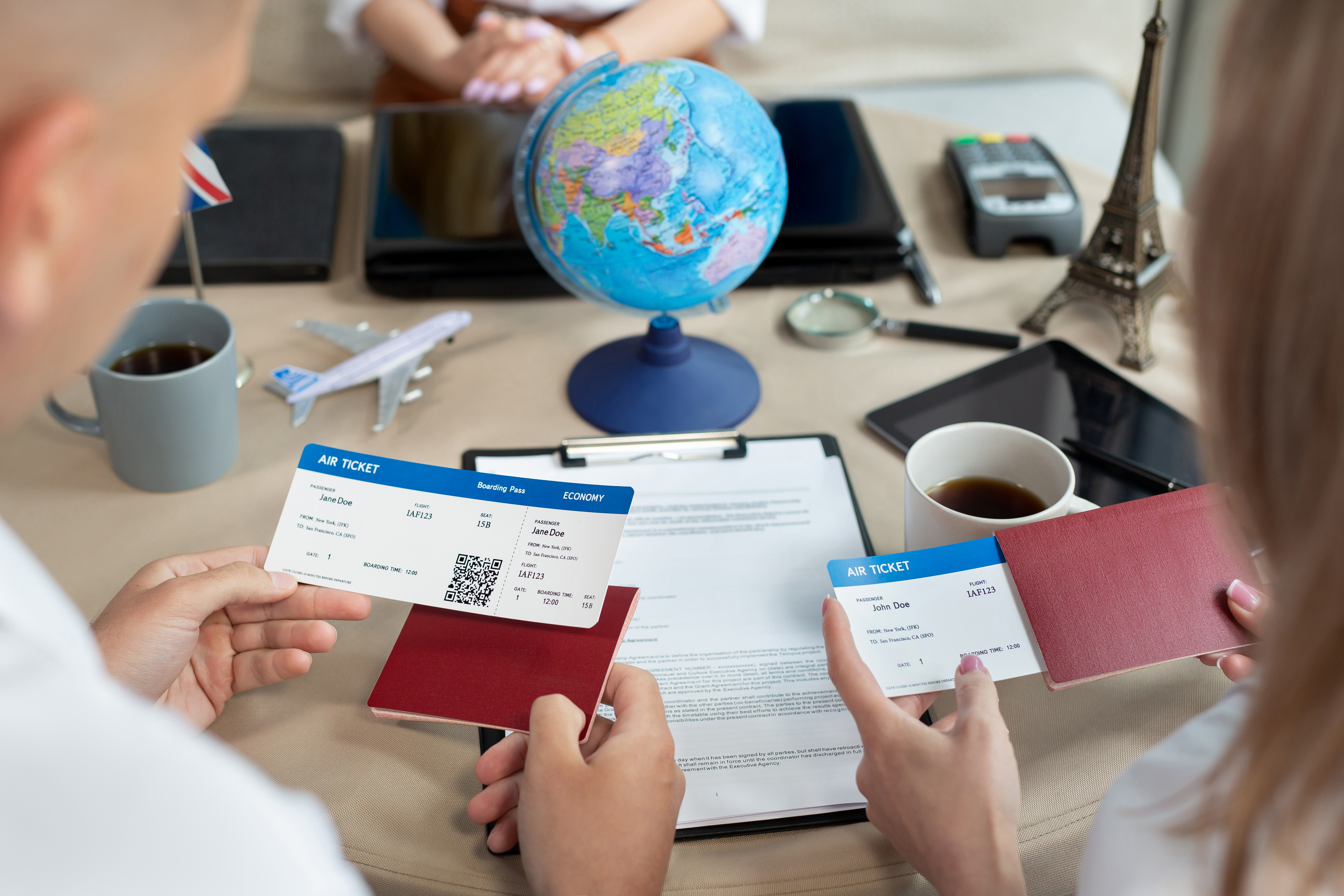
Ensuring you have all the necessary documentation is vital for a hassle-free journey through Europe. Before you leave, check the entry requirements for each country on your itinerary, as visa regulations can vary. For most travelers, a valid passport with at least six months of validity is required. Depending on your nationality, you may need a Schengen visa to visit certain countries, so research this well in advance. In addition to your passport and visas, carry copies of important documents, such as travel insurance, accommodation reservations, and transportation tickets. Keep both digital and physical copies, stored securely in different locations, to protect against loss or theft. Consider using a travel wallet to organize your documents, ensuring they are easily accessible when needed. By staying organized and prepared, you'll be able to navigate border crossings and travel formalities with ease, allowing more time to enjoy your European adventure.
10. Capturing Memories: Photography Tips for Travelers
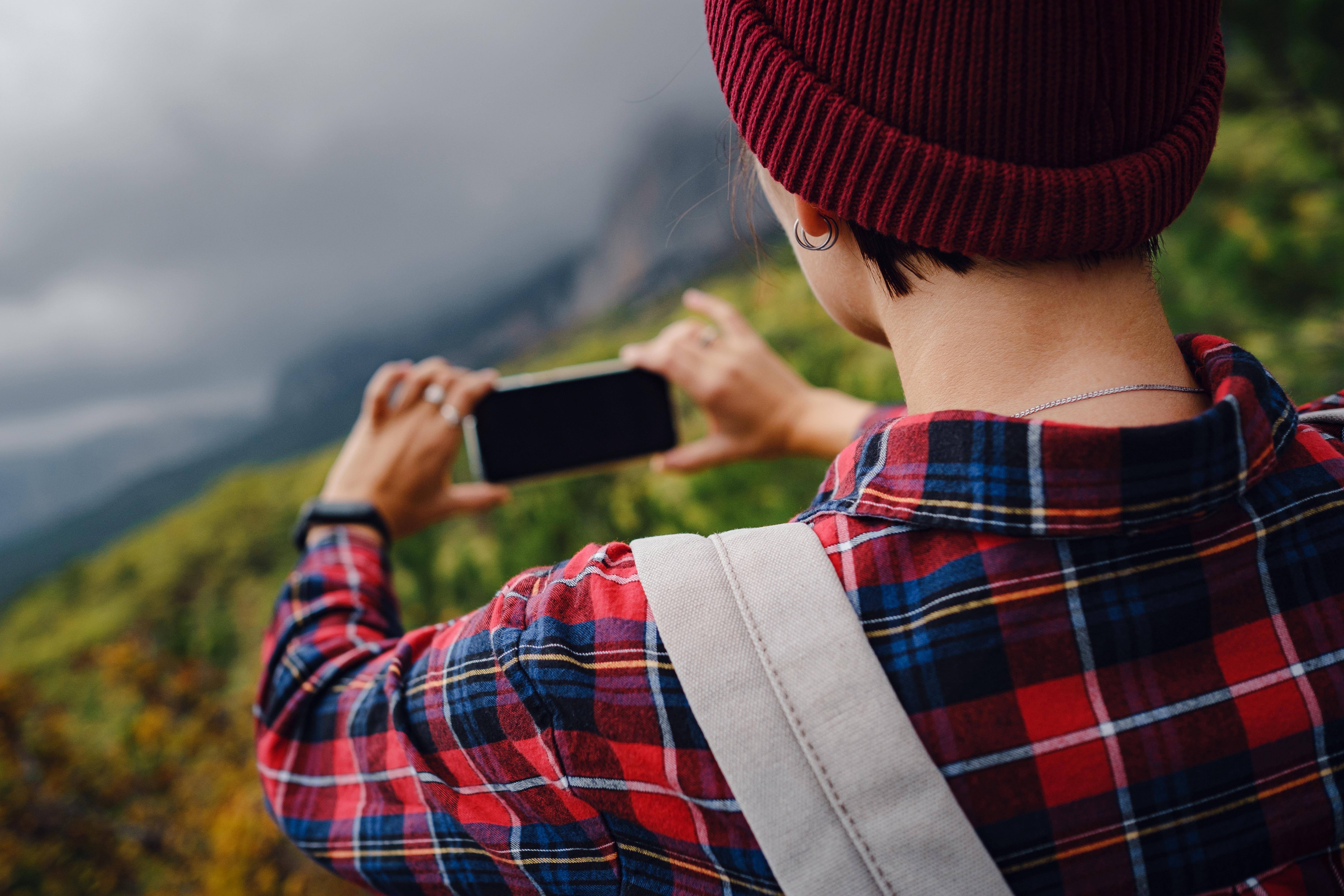
Capturing the essence of your European adventure through photography is a wonderful way to preserve memories and share your experiences with others. Whether you're using a professional camera or a smartphone, there are a few key tips to keep in mind. First, take the time to learn about the basic principles of composition, such as the rule of thirds and leading lines, to enhance the visual appeal of your photos. Europe offers a wealth of iconic landmarks and stunning landscapes, but don't forget to capture the smaller, everyday moments that truly reflect the spirit of your journey. Be respectful when photographing people, always asking for permission when necessary. Experiment with different angles and lighting conditions to add variety to your portfolio. Lastly, consider creating a travel journal or blog to document your experiences alongside your photos, providing a rich narrative that you'll cherish for years to come.
As your European adventure comes to a close, taking the time to reflect on your experiences can provide valuable insights and personal growth. Consider keeping a travel journal, where you can jot down your thoughts, feelings, and lessons learned along the way. Reflecting on your journey allows you to appreciate the challenges you overcame and the new perspectives you've gained. Sharing your experiences with others, whether through social media, a blog, or in conversation, can also enhance your understanding and appreciation of your travels. By reflecting on the cultural exchanges, friendships, and personal discoveries made during your trip, you'll be able to carry the spirit of your European adventure with you long after you've returned home. Embrace the transformative power of travel, knowing that each journey shapes who you are and how you view the world.



